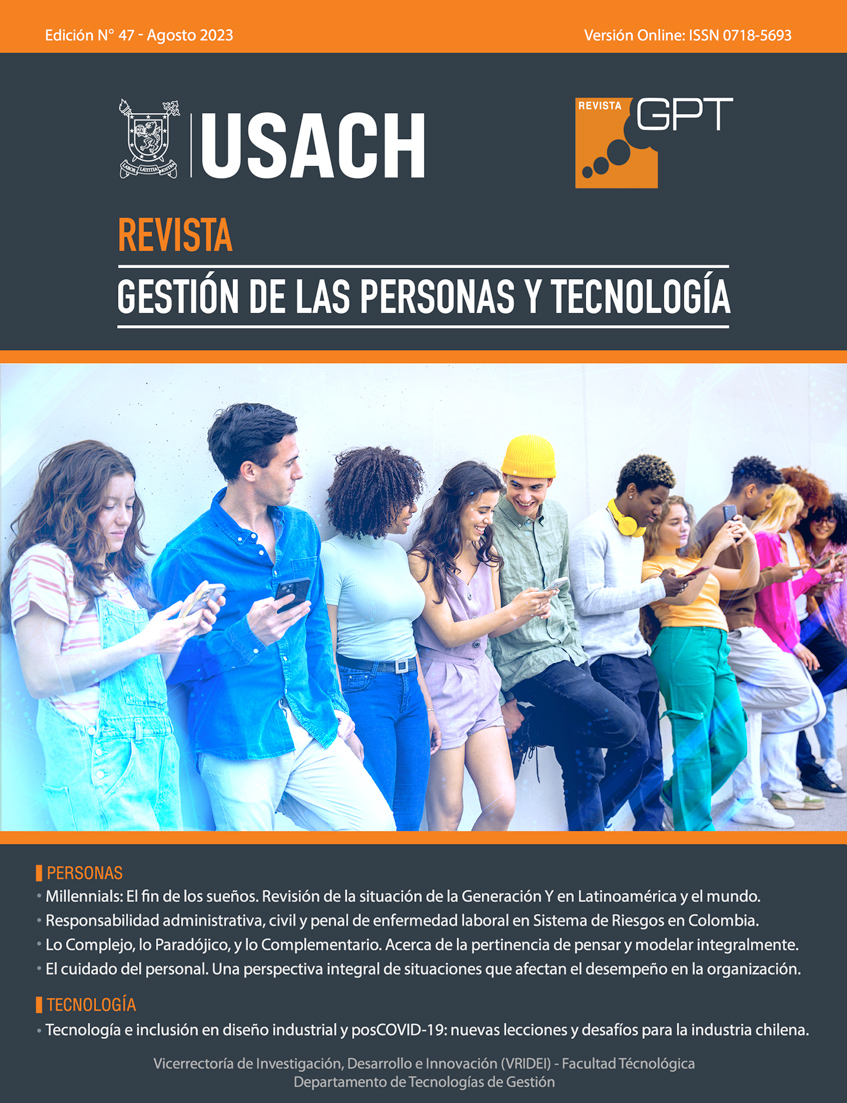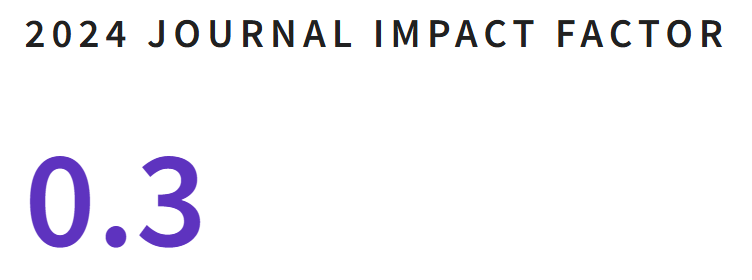Complex, Paradox, and Complementary.
About the relevance of thinking and modeling complex, interdisciplinary, and integrally.
DOI:
https://doi.org/10.35588/adx49366Abstract
The objective of this essay is to question whether in the late modern we are witnessing the emergence of a new paradigm or rather cultural dynamisms of overlapping perspectives. To achieve this goal, we will first investigate the phenomenologies of the monstrous that, although they took place from the 19th century, have been scientifically and intellectually prepared since the beginning of Modernity. Then, we will show that in the 20th century they were specified and modeled as complex systems, and that it is from such an explanation, in multiple disciplines, that today, perhaps, it is possible to speak of the emergence of a new paradigm. However, we will also show that such an emergence, by redounding to the affirmation of complexity, uncertainty, ambiguity, and volatility, collides with other perspectives causing its explanations to be paradoxical, because although it seems to show the most appropriate way to address the immense challenges that we face, culturally it continues to be resisted by traditional dynamisms.
Downloads
References
Becerra, G. (2018). La epistemología constructivista de Luhmann. Objetivos programáticos, contextos de discusión y supuestos filosóficos. Sociológica, año 33, número 95, septiembre-diciembre, pp. 9-38.
Calude, C.S. (2007). Randomness and Complexity. From Leibniz to Chaitin. World Scientific Publishing Co.
Capra, F. (1997). The Web of Life. Anchor Books.
Capra, F. (2004). The Hidden Connections. Anchor Books.
Casti, J. L. (2013). X-Events. Complexity Overload and the collapse of everything. Harper Collins Publishers.
Casti, J. L. and Karlqvist, A. (1986). Complexity, Language, and Life: Mathematical Approaches. Biomathematics Vol. (16). Springer-Verlag.
Castillo, G. (2007). Literal: lo postmetafórico en Gilles Deleuze y Peter Sloterdijk. Frasis-PUC, 263-280.
Cilliers, P. (1998). Complexity & Posmodernism. Understanding complex systems. Routledge.
Chaitin, G. J. (1999). The Unknowable. Barnes & Noble.
Chaparro, S. (2019). El concepto de “Liberación animal” en Peter Singer y Gary Francione visto desde un análisis marxista. Escuela de Ciencias Humanas Programa de Filosofía Universidad del Rosario.
Deleuze, G., Guattari, F. (1980). Mille Plateaux. Capitalisme et Schizophrénie. Les Éditions de Minuit.
Derrida, J. (1967). De la Grammatologie. Les Éditions de Minuit.
Foucault, M. (2004). Naissance de la Biopolitique. Cours au Collège de France (1978-1979). Gallimard.
Frandzen, G. (2013). El hombre y el resto de los animales. TINKUY (20), Section d’Études Hispaniques. Université de Montreal.
Heidegger, M. (1962). Chemins qui ne mènent nulle part. Gallimard.
Howard, D. (2007). “Revisiting the Einstein’s Bohr Dialogue”. RAstor. http://dx.doi.org/10.2307/23354465
Kuhn, T. (1996). The Structure of Scientific Revolutions. University of Chicago Press.
Lane, D. C. (2008). The Power of the Bond Between Cause and Effect: Jay Wright Forrester and the Field of System Dynamics. http://systemdynamics.org/publications.
Latour, B. (1997). Nous n'avons jamais été modernes. Essai d'anthropologie symétrique. La Découverte.
Lyotard, J. F. (1998). La Condición Postmoderna. Cátedra.
Maturana, H. y Varela, F. (1994). De Máquinas y Seres Vivos. Autopoiesis: la organización de lo vivo. Editorial Universitaria.
Mitcham, C. y Mackey R. (2004). Filosofía de la Tecnología. Edición al español de Quintanilla, I. Madrid: Ediciones Encuentro.
OECD, Observatory of Public Sector Innovation (2017). Working with change. Systems approaches to public sector challenges. OECD Better Policies for Better Lives.
Ortega y Gasset, J. (1956). MeditacioÌn de la TeÌcnica. Madrid: Revista de Occidente. ColeccioÌn Arquero.
Prigogine, I. (1980). From Being to Becoming. W.H. Freeman and Company.
Sloterdijk, P. (2001). Nicht gerettet. Versuche nach Heidegger. Suhrkamp.
Sloterdijk, P. (2005). Im Weltinnenraum des Kapitals. Für eine philosophische Theorie der Globalisierung. Suhrkamp.
Sloterdijk, P. (2009). Du mußt dein Leben Ändern. Frankfurt: Suhrkamp.
Sloterdijk, P. (2010).Temperamentos Filosóficos. De Platón a Foucault. Ediciones Siruela.
Sloterdijk, P. (2010a). En el mundo Interior del Capital. Para una teoría filosófica de la globalización. Ediciones Siruela.
Sloterdijk, P. (2011). Sin Salvación. Tras las huellas de Heidegger. Ediciones Akal. Sloterdijk, P. (2012). Has de cambiar tu vida. Pre-Textos
Sloterdijk, P. (2018). Nach Gott: Glaubens- und Unglaubensversuche. Frankfurt: Suhrkamp.
Smolin, L. (2001). Three Roads to Quantum Gravity. Basic Books.
Sterman, J. D. (2002). All Models are wrong: reflections on becoming a systems scientist. System Dynamics Review 18 (4), 501-531.
Varela, F., Thomson, E. y Rosch, E. (1993). The Embodied Mind. Cognitive Science and Human Experience. MIT Press.
Williams, R. (2003). Retooling. A Historian Confronts Technological Change. MIT Press.










